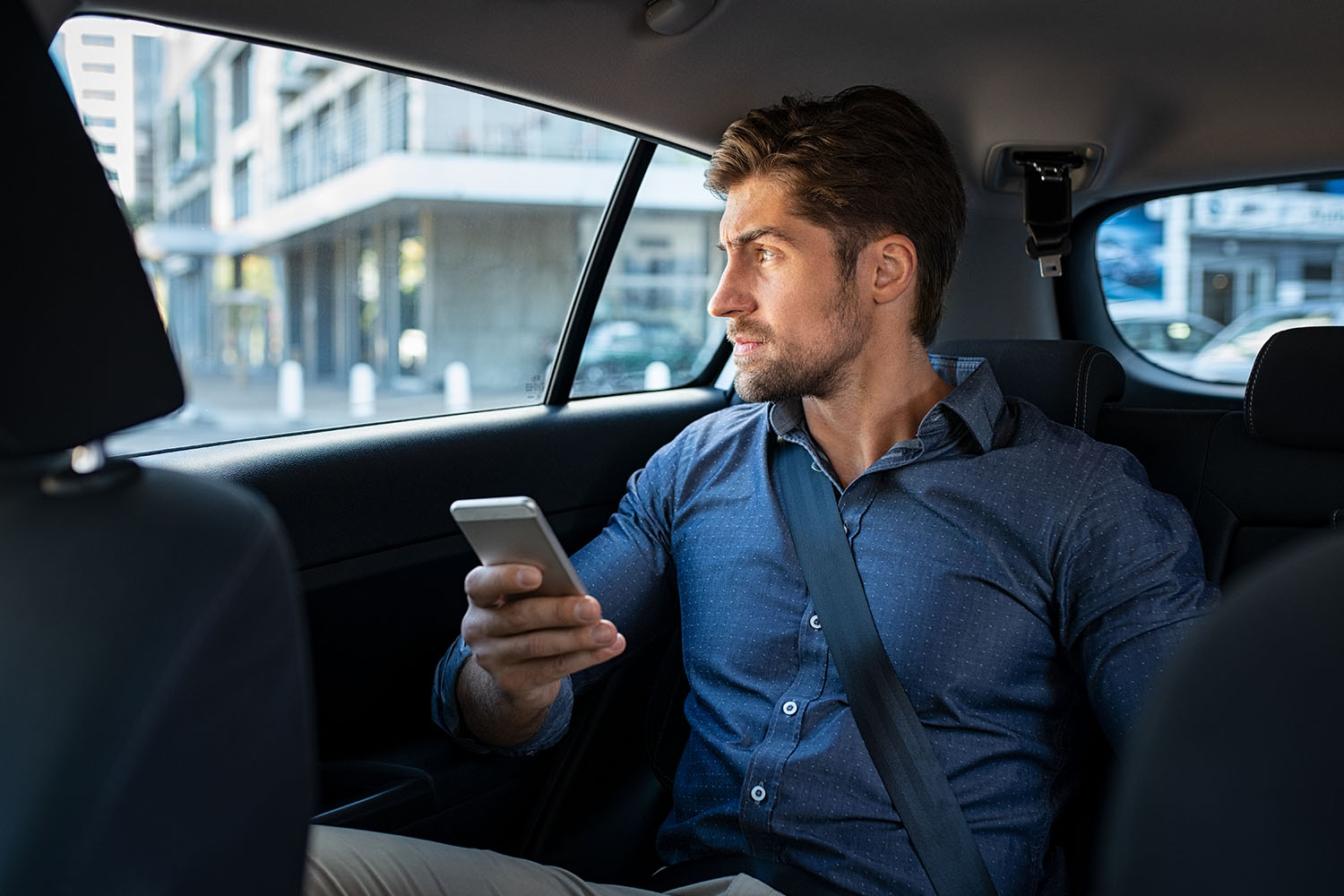Regular car insurance claims can be hard, but if you’re the passenger or a rideshare driver involved in a car accident while using Uber or Lyft, the insurance claims process can be a little more difficult.
Because the rideshare industry only formed in the past decade, it’s still a relatively new area for insurance policies and regulation. Insurance companies are still developing and updating rideshare agreements for coverage as the industry evolves.
If you’ve been injured in a rideshare crash, it’s always a good idea to consult with a lawyer experienced with negotiating with the rideshare insurance companies (such as the trusted attorneys of Marler Law Partners) before filing a claim.
What Happens In An Accident With Uber Or Lyft?
Both Uber and Lyft provide insurance for their drivers on top of the driver’s personal auto insurance policy required by Missouri law.
Rideshare drivers’ personal auto insurance policies will deny claims if the driver was using the car for work, so Lyft or Uber’s coverage is necessary. Uber or Lyft’s policies should cover any damages or injuries resulting from the accident.
If you are injured in an accident while riding as an Uber or Lyft passenger, you are protected by the companies’ commercial liability policy. Both Uber and Lyft have $1 million policies in place for injured passengers as long as they are in transit to a destination and the driver’s app is active.
If the Uber or Lyft driver was at fault, you might be eligible to pursue an injury claim against the driver (and his or her personal insurance policy) as well as the rideshare company.
What Are Missouri’s Laws Regarding Uber And Lyft?
In 2017, the Missouri legislature passed HB130. Previously, both Uber and Lyft were only operating out of metropolitan areas (St. Louis, Springfield and Kansas City) at the same rate as local taxi companies.
This law allowed both companies to expand their services statewide as long as they paid a licensing fee and adhere to a nondiscrimination policy.
All drivers are also required to submit to background checks (as is policy in both rideshare companies) and purchase vehicle liability insurance.
What Does Insurance Cover?
As a passenger, you are covered by Lyft or Uber’s liability insurance policy for any injuries caused by the accident as long as your driver was successfully logged into the app.
If the driver was not, you may have to file a claim through the driver’s personal insurance coverage.
As a driver, the amount of insurance coverage by Lyft or Uber may depend on which of the following “periods” you fall into.
- Period 0: App is off. Your personal policy covers you.
- Period 1: App is on, you’re waiting for ride request. A personal policy without ridesharing coverage doesn’t cover you. Uber and Lyft insurance limited to liability coverage.
- Period 2: Request accepted, and you’re en route to pick up a passenger. Your rideshare employer’s policy is in full force.
- Period 3: You have passengers in the car. Your rideshare employer’s policy is in full force.
| Ridesharing phase | Coverage details | Uber Insurance | Lyft Insurance |
| Period 1 | Liability only |
|
|
| Periods 2 & 3 |
Liability | $1 million per incident. | |
| Uninsured/underinsured motorist | $1 million per incident. | Varies by state. | |
| Comprehensive and collision | Up to value of your car if you also have comprehensive and collision coverages on your personal policy. | ||
| Comprehensive and collision deductible | $1,000 | $2,500 | |
What Should I Do If I’m In An Accident Involving Uber Or Lyft?
Car accidents with Uber or Lyft can be confusing to navigate because of the ever-changing laws at the local and state level regulating these companies.
Insurance carriers also like to put responsibility on someone else, like the driver’s personal auto insurance.
Ridesharing liability can be difficult to understand. If you have any questions or would like someone to walk you through your options, be sure to speak with an experienced lawyer to verify everything is processed properly.


0 Comments on "Rideshare Apps & Accidents: Who Is Liable?"